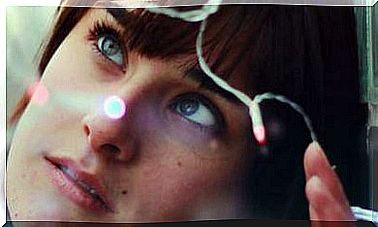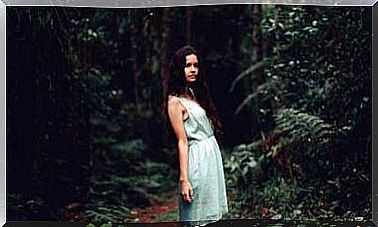The Adventure Of Being You
And who are you really? Who are you when nobody looks at you or applauds you? Jorge Bucay tells us in this story how to get rid of a borrowed identity

Beyond some minimal and little observable differences, in height, weight, skin tone or eye color, we are all born identical to the other babies born that day. But as time passes, internally and externally, we progressively distinguish ourselves from those other children, future birthday companions.
Over the years we become more and more unique, as we begin to define ourselves as individuals. This transit is not only never completely easy, but it also gets complicated every moment.
How to be yourself?
In the first months, our instincts were enough to know how to act, who to trust or where to look, but before the year we were forced to mix them with some appetites, the memory of our body and not a few “needs” created by our environment. .
Trying to reconcile all this information, in our early childhood we learn how to be and what to do, based, above all, on experience, a resource that lets us know what is good and what is not, to get what we need: food, care, attention , affection, caresses …
Experience is useful to guide us in what we do, although for better and for worse, it cannot determine all that we really are.
It could be said that there are at least two types of identity, sometimes coexisting and sometimes fighting within us:
- The own identity, natural, elastic, changing and permanently in process;
- The identity that, by mandate, others have instilled in us, rigid and predictable, developed a lot by education and very little by evolution itself.
When, maliciously or not, “identity” is confused with “identification”, the way of being is designed on the idea of a “should be”, following a certain external model.
A borrowed identity
Every day we see around us how hundreds of thousands of children and young people – who, paradoxically appear to defend the right and the need to have their own identity – decide to follow the model of the majority, manipulated, much of the time, by advertising for those who want to sell their fashion products to them.
From the outside, it is easy to realize the danger that a certain model, socially manipulated, ends up inserted as a “globalized” mandate and uniform in an entire generation.
A false identity is the reason for the lack of dynamism of some people, since it is not the consequence of internal growth, but the final result of a cocktail of introjections and conditioning that others have configured for them.
If I had to give you a closer example, I would say that false identity is like an overly adapted child, a prisoner of influence and manipulation, a victim of the oppression of the system that conditions it. A stable and predictable entity, as manageable as a trained animal for a circus, and that even if it does “everything right” it cannot reach the best of its ports: that of being the best human being that it can be.
It is evident that my trained “I” represents a kind of jail chosen by default or acquired without choice. But without those mandates, who am I?
The trainer feels he has the right, if not the obligation, to force his animals to learn what to do. But let no one escape –both in the case of the tamer as in the other cases of dominance– that “doing something correctly” is equivalent to “doing it as the tamer thinks it is okay to do it”.
And who are you?
If you want the admiration and flattery of the society to which you belong, you will have to live according to the values - real or false – of that majority from whom you expect applause, since for most people, according to the American writer Ambrose Bierce, admiration is just the expression that confirms that the other thinks like one.
- True identity can only be found by walking the path that goes just in the opposite direction from seeking applause.
- Posed as an existential question: on top of a desert mountain, in the middle of a forest, as the only inhabitant of a planet or alone on a desert island … who are you?
- Without anyone to look at, judge or think … who are you?
- If there is no one around to obey, no one to appreciate or condemn you, if there is no one to applaud or boo you … who are you?
Of course, to discover your own identity, it is not necessary to flee, to leave your home, your family and your city. This is only metaphorical, the only essential thing is to realize the person that you are, without what others see or would like to see in you, without comparisons or conditioning, unique, different and transcendent.
Free from all dependency and you will be able to assume the necessary responsibility to fully inhabit the true you









